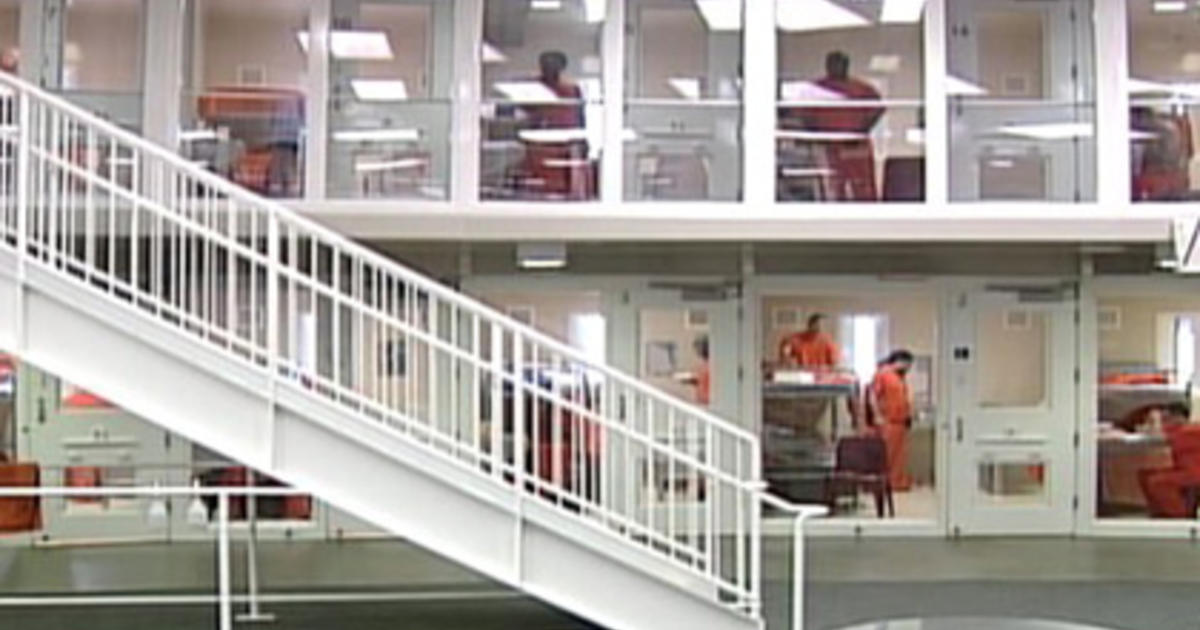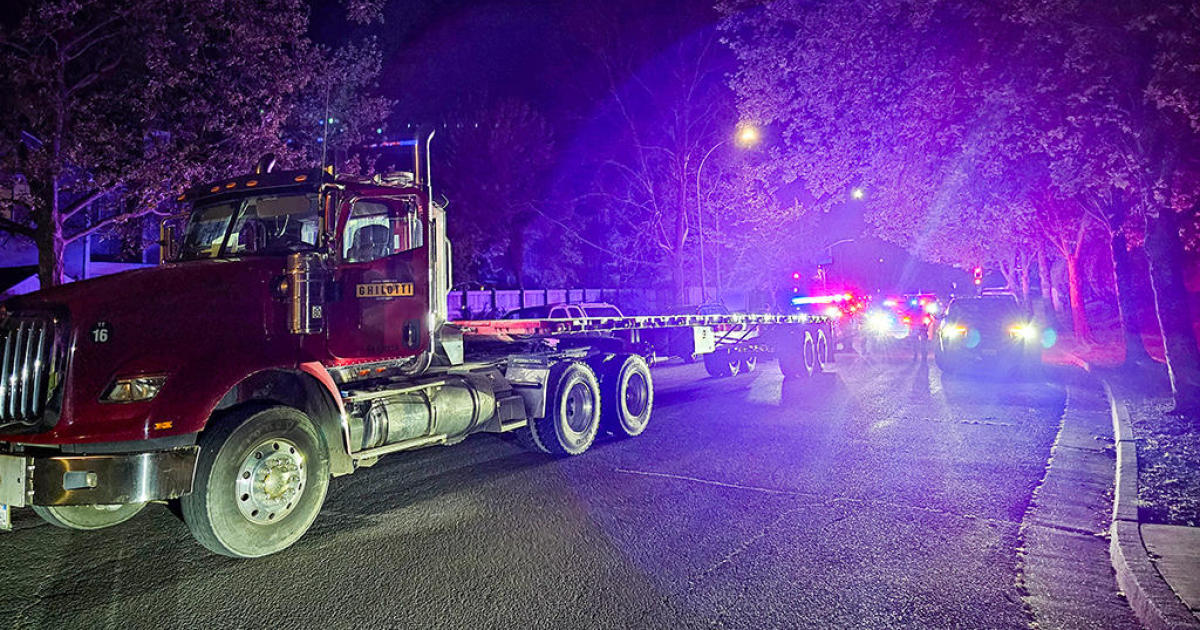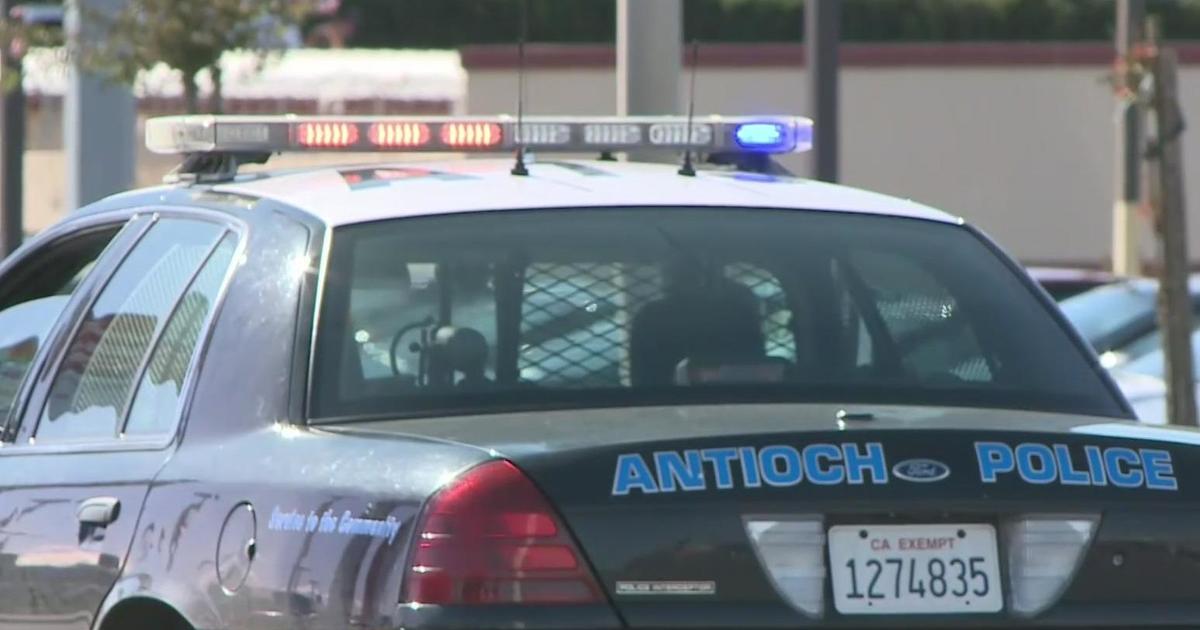Legal Pot Lowers Demand for Drug-Sniffing Police Dogs
SOUTH SAN FRANCISCO (KPIX) -- With recreational marijuana legal in California, law enforcement agencies throughout the state must now consider the future of hundreds of pot-sniffing dogs.
A demonstration at the South San Francisco police department showed how pot-sniffing dogs work.
First, more than an ounce of marijuana was concealed.
Six-year-old police dog Indy sniffed it out in seconds and alerted his handler, Officer Steve Miller, who rewarded him with a tennis ball.
"With how sensitive his nose is, he can find a Q-tip," said Miller.
How accurately can Indy detect marijuana?
"One hundred percent," Miller replied.
The German Shepherd is one of seven dogs in the South San Francisco police department trained to identify illegal drugs.
With recreational marijuana now legal in California, will law enforcement still need pot-sniffing dogs?
Some say no.
Lompoc police decided to retire their dog.
Sergeant Kevin Martin said, "We felt we couldn't use him in the same way we could prior to the change in the law."
Here in the Bay Area, many law enforcement agencies are keeping their cannabis-sniffing canines.
South San Francisco police say the dogs' value goes up the longer they're working.
Trained dogs like Indy can nearly double in value to $15,000 to $20,000 apiece.
And they are far from obsolete, according to Sergeant Marty Mahon.
He supervises and trains South San Francisco's police dogs for certification.
"I think it's still a good tool to have on the streets," Mahon said. "There are a lot of other cases we can use the dogs,"
Such as in federal narcotics searches and local cases where pot remains illegal.
"At the schools, at jails, we've done searches for them where there's contraband," Mahon said. "Also, we go to shipping companies, to try to deter them from shipping marijuana to other states."
But the new marijuana law does pose new problems.
While dogs like Indy are trained to sniff out marijuana, cocaine, methamphetamine and heroin, they are not taught to single out which one they found or how much.
So a dog alert alone is no longer enough for a police search.
San Mateo County Assistant District Attorney Al Serrato explained, "There wouldn't be a further search being done if the dog could not distinguish betwen marijuana and other controlled substances."
Police now need more evidence to search.
"Maybe we need to ask more questions, do more interviews," said Mahon.
In other states with legalized marijuana, law enforcement has adopted different solutions.
Some police in Washington have stopped training dogs to detect pot. Some dogs are re-trained to ignore the drug.
Mahon is skeptical.
"From my view, a dog that's been certified and fully trained at marijuana, I think it'd be difficult to take it completely out," he said.
Mahon says South San Francisco police will still train new dogs to point out pot.
But they'll keep an eye -- and nose -- on the changing role of their canine colleagues.



